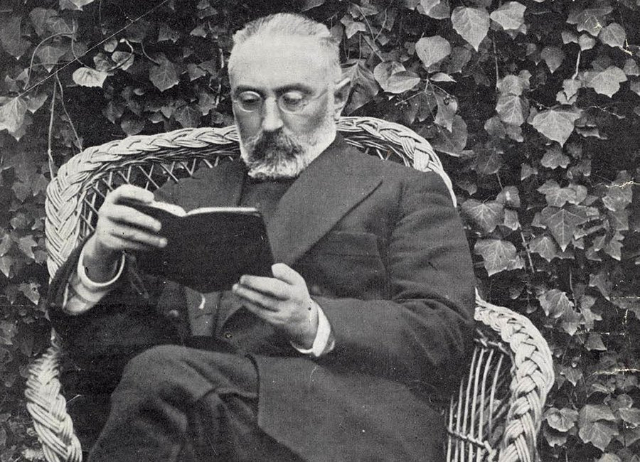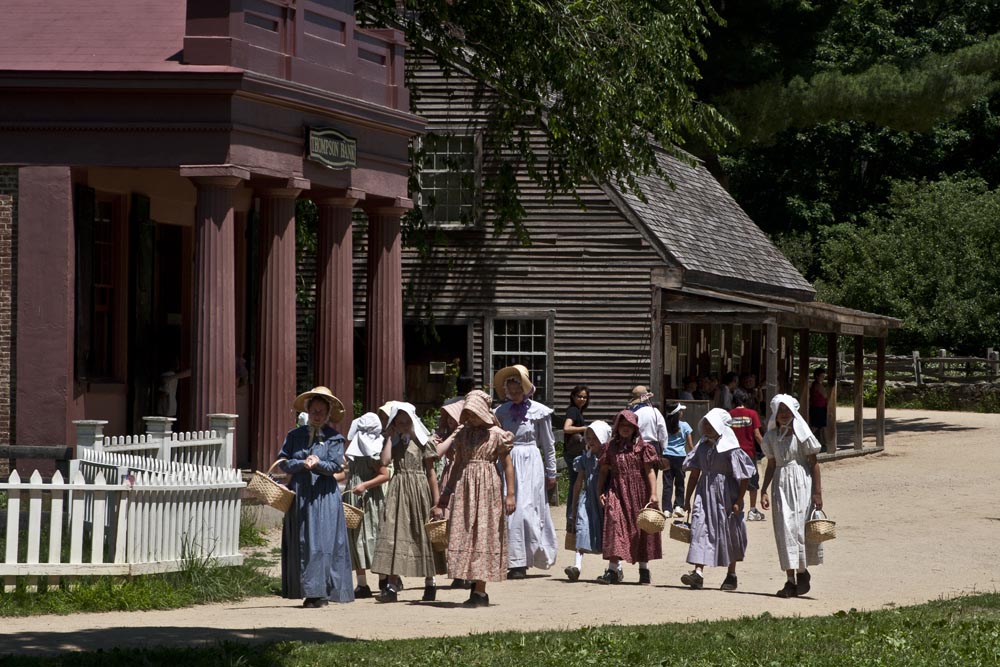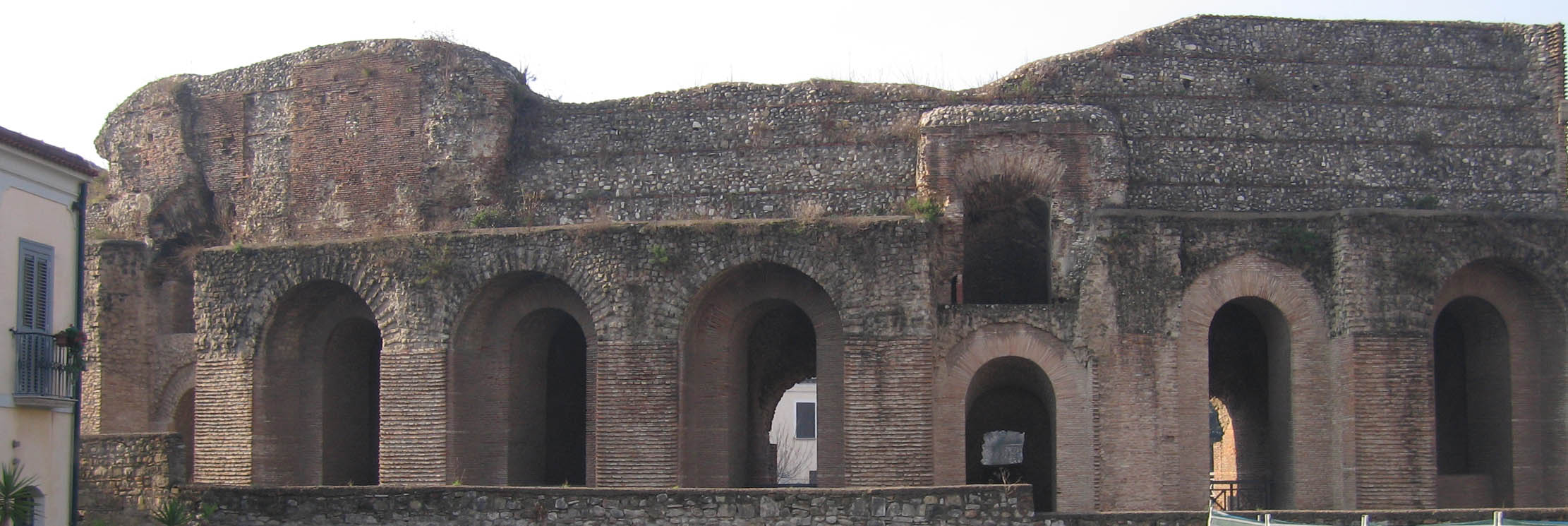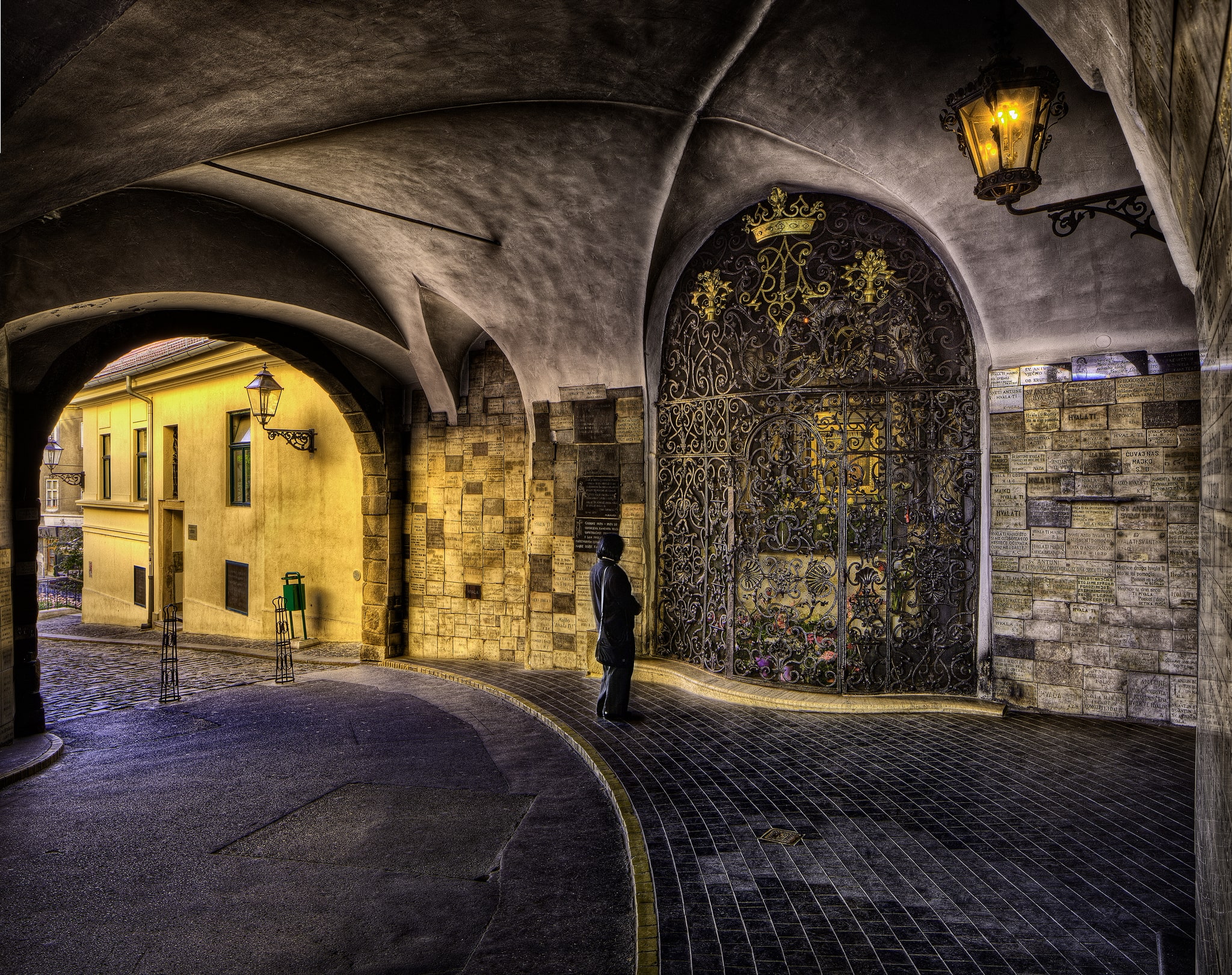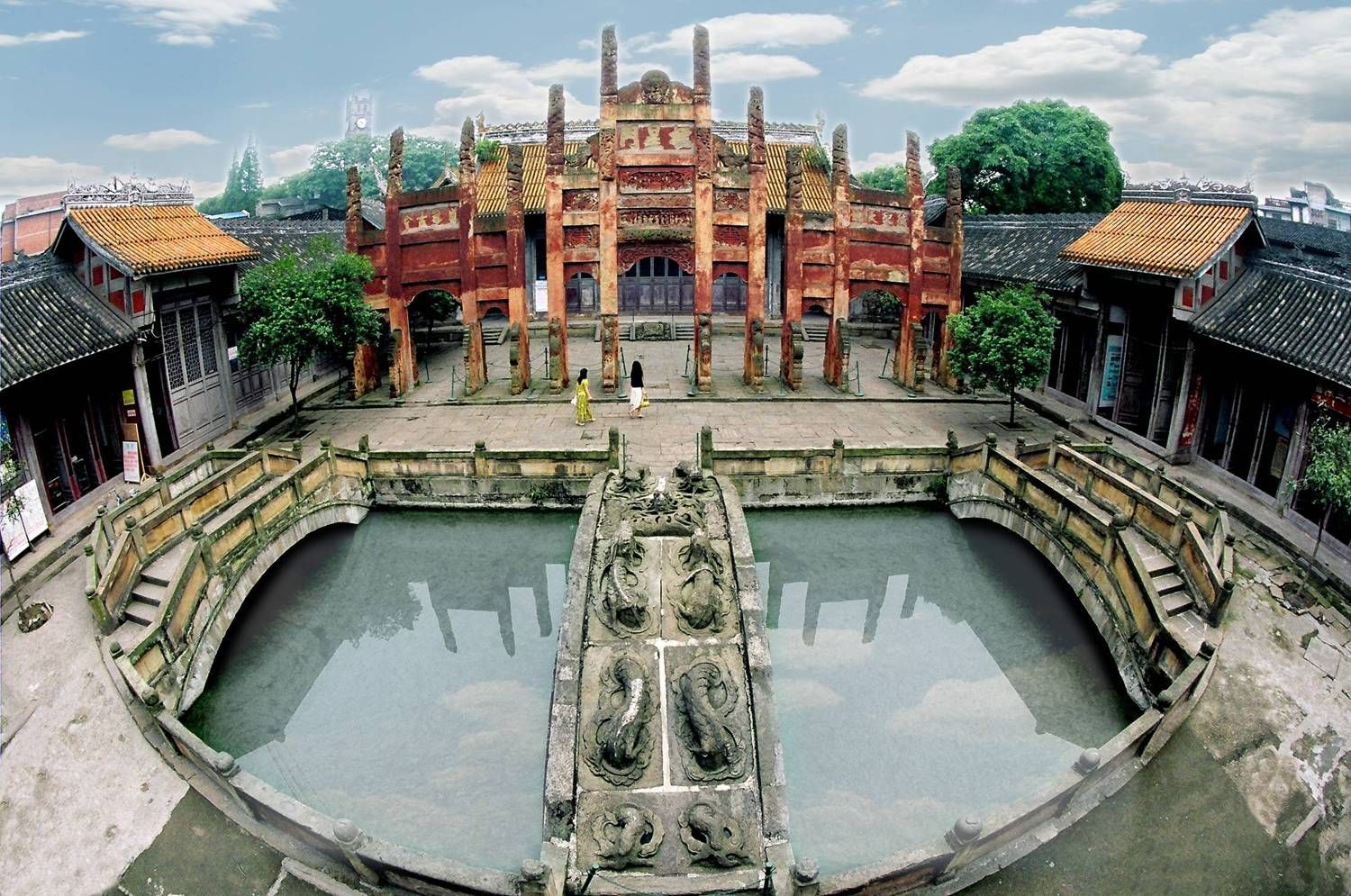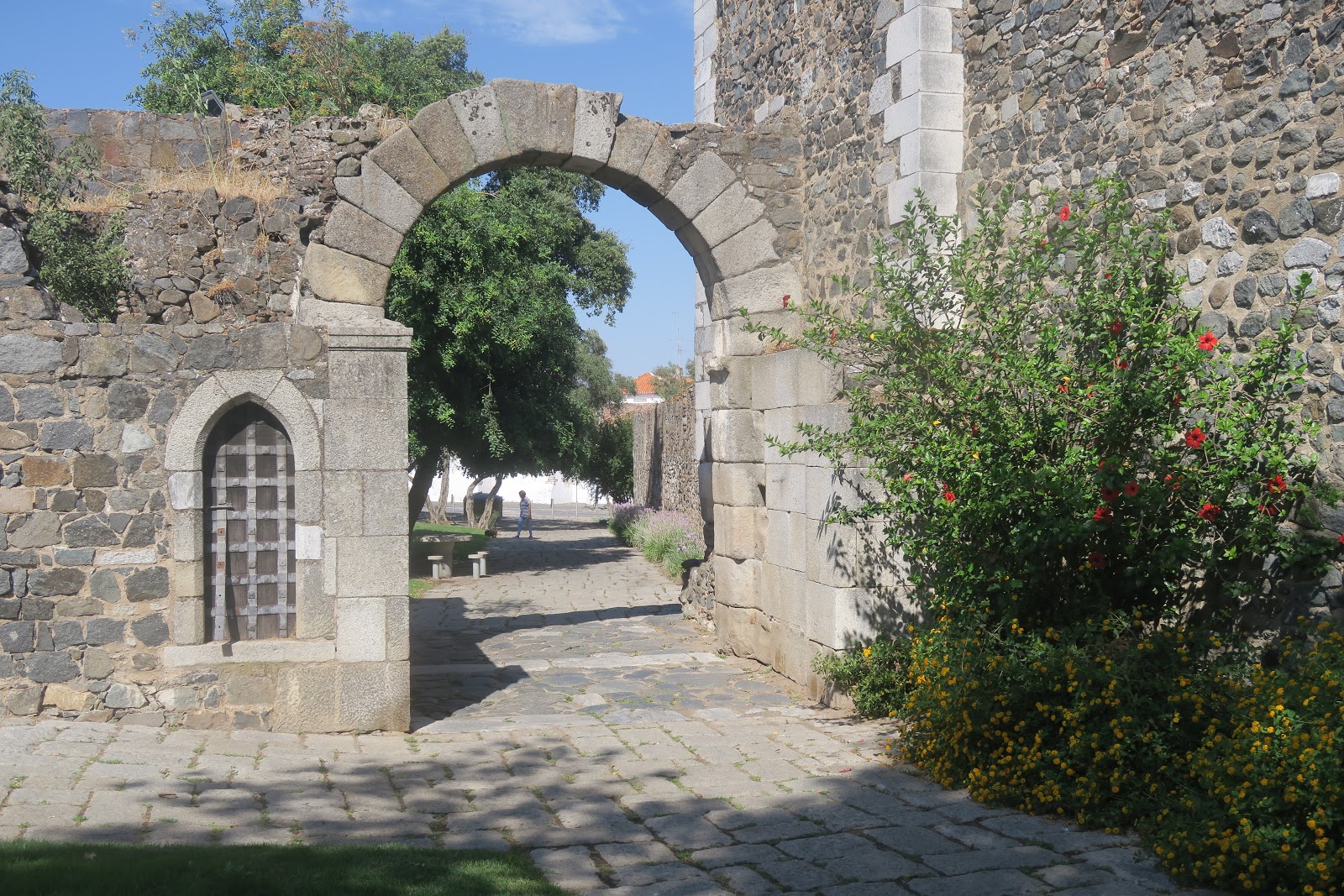It is difficult to tour the city without feeling the presence of Miguel de Unamuno.
Miguel de Unamuno, in full Miguel De Unamuno Y Jugo, (born Sept. 29, 1864, Bilbao, Spain—died Dec. 31, 1936, Salamanca), educator, philosopher, and author whose essays had considerable influence in early 20th-century Spain.
Unamuno was the son of Basque parents. After attending the Vizcayan Institute of Bilbao, he entered the University of Madrid in 1880 and in four years received a doctorate in philosophy and letters. Six years later he became professor of Greek language and literature at the University of Salamanca.
In 1901 Unamuno became rector of the university, but he was relieved of his duties in 1914 after publicly espousing the Allied cause in World War I. His opposition in 1924 to General Miguel Primo de Rivera’s rule in Spain resulted in his forced exile to the Canary Islands, from which he escaped to France. When Primo de Rivera’s dictatorship fell, Unamuno returned to the University of Salamanca and was reelected rector of the university in 1931, but in October 1936 he denounced General Francisco Franco’s Falangists, was removed once again as rector, and was placed under house arrest. He died of a heart attack two months later.
His hometown has dedicated many tributes to him, such as Unamuno Plaza. What is less well known is that at the address of 16 Calle Ronda, very close to the Plaza, is the house where the writer was born and raised. You have to be careful not to miss it because it usually goes completely unnoticed.
